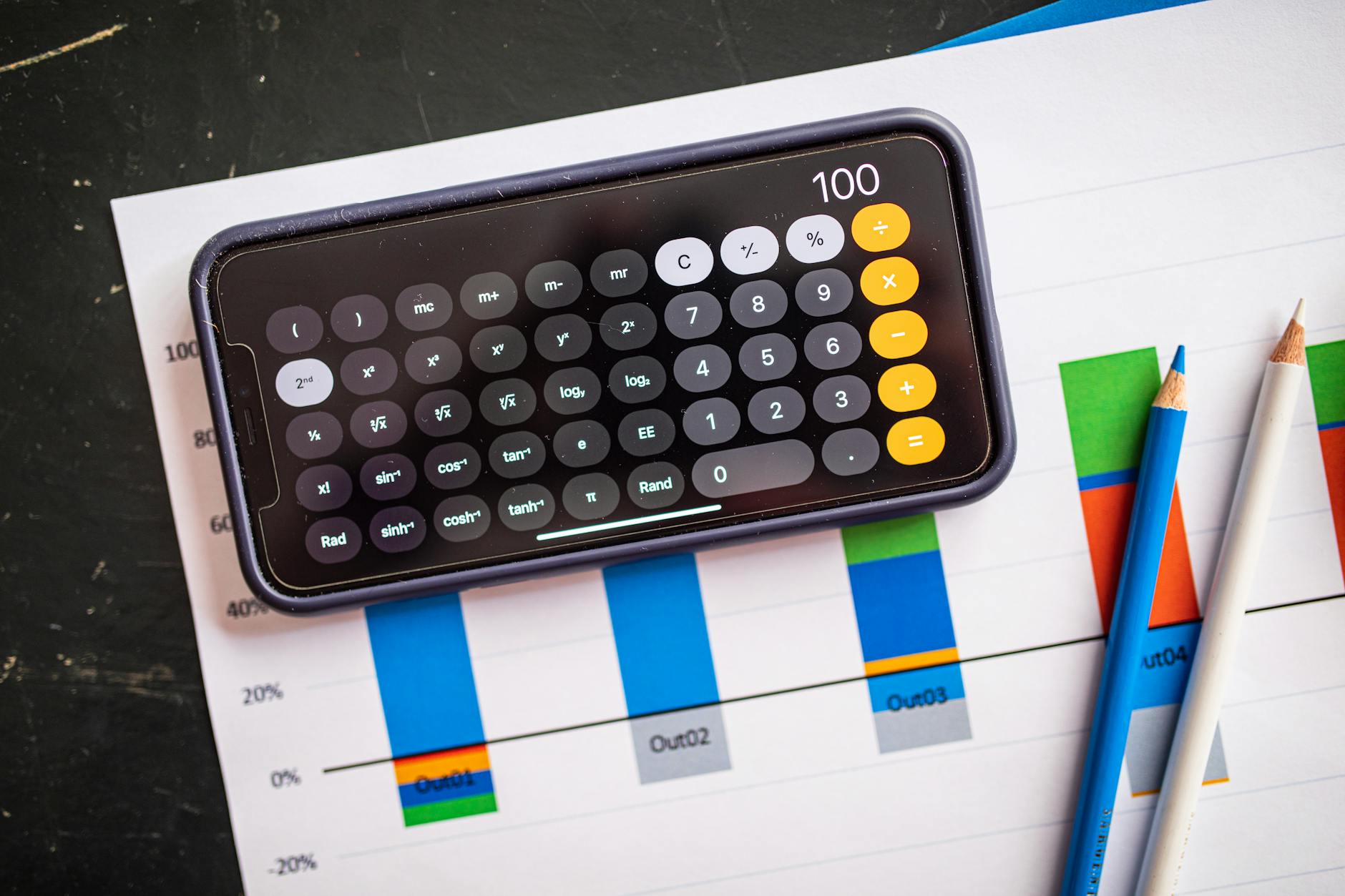Leveraging Data Analytics to Optimize Accounting Operations
Leveraging data analytics to optimize accounting operations has become an essential strategy for businesses aiming to improve accuracy, efficiency, and decision-making processes. With the rapid advancement of digital technologies, accounting departments are no longer limited to traditional bookkeeping. Instead, they now have access to extensive data that can be analyzed to uncover insights, streamline workflows, and reduce errors. This article explores how data analytics can transform accounting operations by enhancing financial reporting, automating routine tasks, and improving compliance and risk management. By understanding and applying these analytical techniques, organizations can not only save time and costs but also enable their accounting teams to focus on strategic initiatives that drive growth and sustainability.
The role of data analytics in financial reporting
Financial reporting is one of the core functions of accounting, and its accuracy directly impacts business decisions. Data analytics allows accounting professionals to process large volumes of transactional data quickly, identify discrepancies, and detect anomalies before finalizing reports. Traditional accounting relied heavily on manual reconciliation and audits, which were time-consuming and prone to errors. With analytics tools, reports can be generated in real-time, providing a dynamic view of financial health.
Moreover, data visualization techniques help stakeholders better understand complex financial data by presenting it in intuitive dashboards and graphs. This enhanced clarity supports timely decision-making and strategic planning, making financial reporting more insightful and less labor-intensive.
Automating routine tasks for increased efficiency
One of the most significant benefits of integrating data analytics into accounting operations is the automation of repetitive tasks such as invoice processing, expense tracking, and payroll management. By leveraging machine learning algorithms and pattern recognition, systems can automatically categorize transactions, flag unusual entries, and ensure compliance with accounting standards.
This automation reduces the workload on accounting staff, minimizes human error, and accelerates the closing process at the end of accounting periods. It also frees up valuable time for accountants to concentrate on complex analytical or advisory roles rather than manual data entry.
Enhancing compliance and managing risks
Compliance with tax laws, regulatory requirements, and internal policies is critical in accounting. Data analytics offers sophisticated techniques for continuous monitoring of transactions and controls, identifying potential risks before they escalate. For example, analytics can detect fraud patterns or unusual financial activities by comparing current data against historical benchmarks.
Real-time risk assessments powered by analytics enable organizations to respond promptly to regulatory changes or internal control weaknesses. Additionally, data-driven compliance reporting ensures accuracy and transparency, reducing the risks of penalties or reputational damage.
Data-driven decision making and strategic planning
Beyond operational improvements, data analytics empowers accounting teams to contribute significantly to a company’s broader strategy. By analyzing trends in costs, revenues, and resource allocation, accountants can provide actionable insights that influence budgeting, forecasting, and investment decisions.
Predictive analytics, for example, can forecast future cash flows and identify areas where financial performance can be optimized. This proactive approach shifts the accounting function from a reactive task to a strategic partnership within the organization, fostering sustainable growth through data-informed decisions.
| Area of application | Key benefits | Examples of analytics use |
|---|---|---|
| Financial reporting | Improved accuracy, faster report generation, better data visualization | Real-time dashboards, anomaly detection in transactions |
| Automation | Reduced manual workload, fewer errors, quicker processing | Automated invoice processing, machine learning for transaction categorization |
| Compliance and risk management | Early fraud detection, continuous monitoring, regulatory adherence | Pattern recognition for suspicious activities, real-time risk alerts |
| Strategic planning | Better forecasting, resource optimization, enhanced decision-making | Predictive cash flow models, expense trend analysis |
In conclusion, leveraging data analytics in accounting operations offers a transformative opportunity for organizations to enhance accuracy, efficiency, compliance, and strategic value. By automating routine tasks, improving the quality of financial reporting, and enabling real-time risk management, analytics tools help accounting teams operate more effectively and with greater insight. Furthermore, integrating predictive models supports more informed decision-making, positioning accounting as a key partner in guiding business growth. As data continues to grow in volume and complexity, companies that embrace analytics will gain a competitive edge by turning raw data into actionable intelligence, streamlining accounting functions and fostering sustainable financial success.
Image by: RDNE Stock project
https://www.pexels.com/@rdne
news via inbox
Nulla turp dis cursus. Integer liberos euismod pretium faucibua





